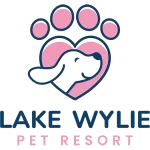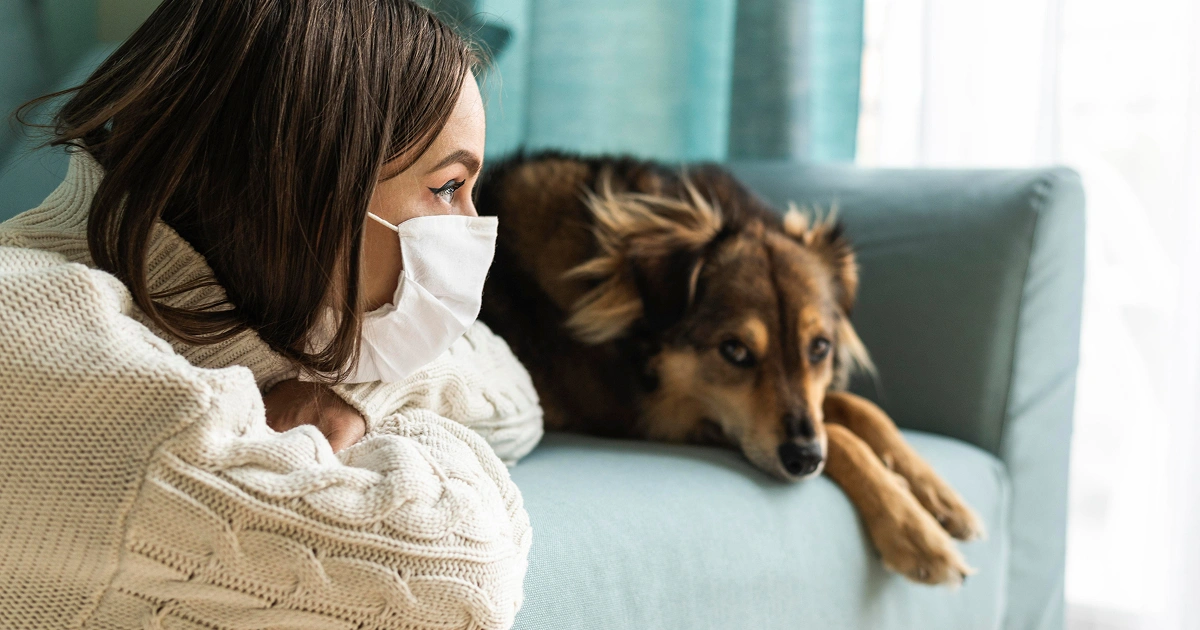
Just like humans, dogs can get sick, too. A common illness that can spread very rapidly is kennel cough. Canine infectious respiratory disease complex (CIRDC), or kennel cough, is a respiratory disease often caused by the bacteria Bordetella bronchiseptica. The disease can spread through close contact between dogs, often in group settings such as boarding facilities, dog parks, pet cafes, or training classes.
Kennel cough can be contracted through airborne droplets as well as sharing contaminated food and water dishes or toys. While symptoms can vary from one dog to the next, common signs include:
- A “honking” or persistent cough
- Sneezing
- Runny nose or eyes
- Lethargy
- Fever
- Decreased appetite
- Difficulty breathing
How is Kennel Cough Treated?
Mild cases of the disease generally resolve on their own within a week or so. You should keep your dog isolated from other animals and avoid taking them to doggie daycare or the dog park. Allow them plenty of time to rest, make sure they have fresh water available, and try to limit any strenuous activity that could irritate their airway and make coughing worse.
In some cases, an antibiotic may be prescribed if CIRDC has progressed into bacterial pneumonia, or an anti-inflammatory may be used to reduce fever and improve comfort. However, most dogs do well on their own with rest and fluids. Talk to your veterinarian about whether you should bring your pet in or if at-home care is working.
How Can You Protect Your Dog from Kennel Cough?
One of the best ways to protect your dog’s health is to get them vaccinated. There is a Bordetella vaccine, as well as ones for canine distemper and canine parainfluenza. Many boarding facilities require your dog to be current on these vaccines before their stay. If you take your dog out in public, or they are around other animals, they are at risk of being exposed to a variety of different bacteria and viruses. Vaccines can go a long way in protecting them from illness or reducing the severity of symptoms.
If you do take your dog out, make sure you bring your own food or water dishes instead of sharing mutual bowls. The same goes for toys. All of these items should be regularly cleaned and disinfected. When out and about, pay attention for any dogs that show potential signs of being ill, such as having a persistent cough.
If your dog does become sick, keep them away from other animals, and let other owners know their pet may have been exposed when possible. Notify the boarding facility or group trainer if your dog was recently there and may have contracted or spread bacteria or viruses.
Many dogs are social creatures, and they like to run and play with other pets. Make sure your dog is current with any vaccines and preventive medications for things such as kennel cough, heartworm disease, rabies, and fleas and ticks. Let your veterinarian know if your dog spends time at a boarding facility or dog park so they can recommend the best ways to protect your pet’s health. Contact Lake Wylie Pet Resort with any questions regarding required vaccinations or steps we take to be proactive in keeping pets safe, and book your pet’s next stay!


